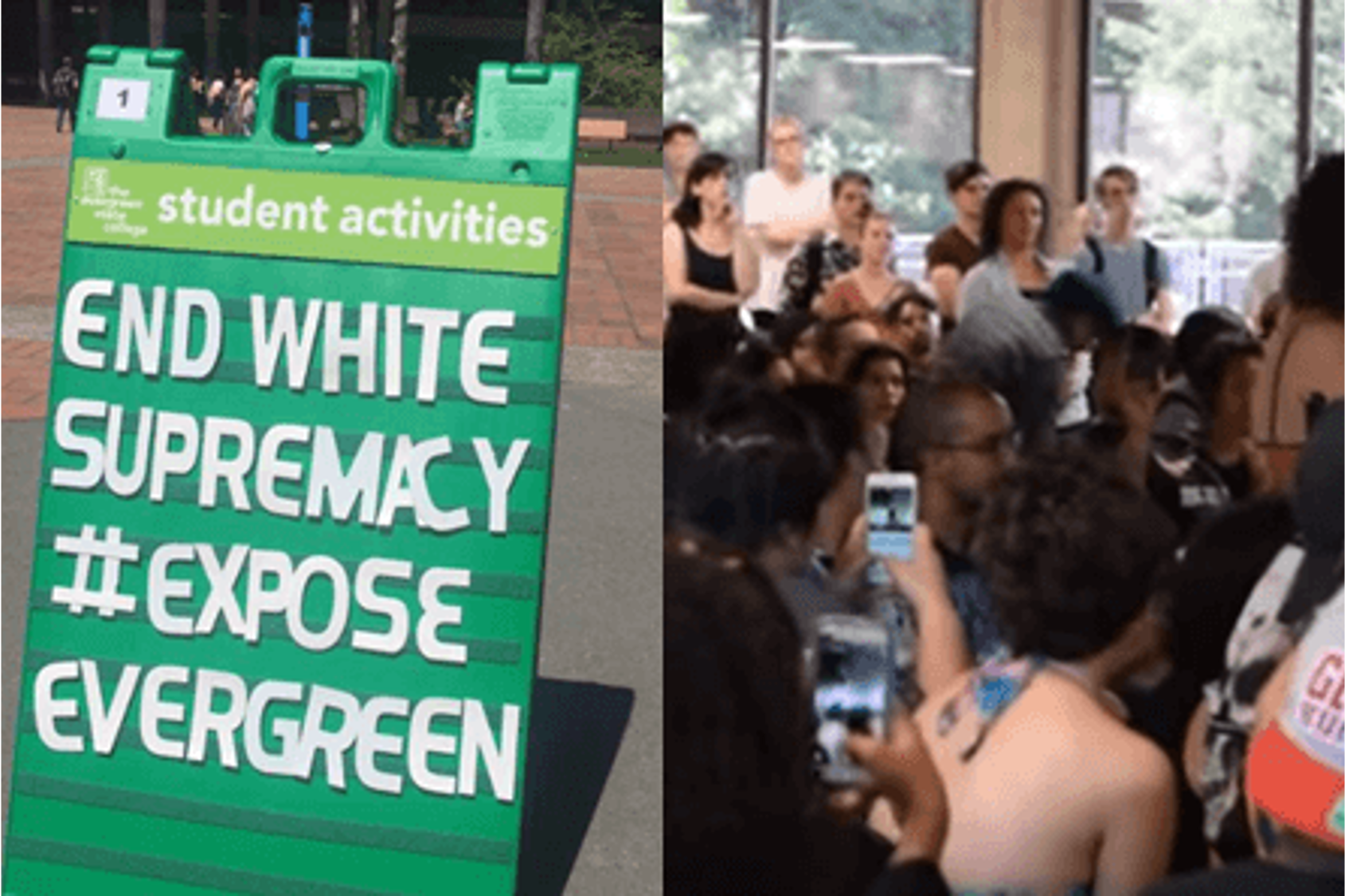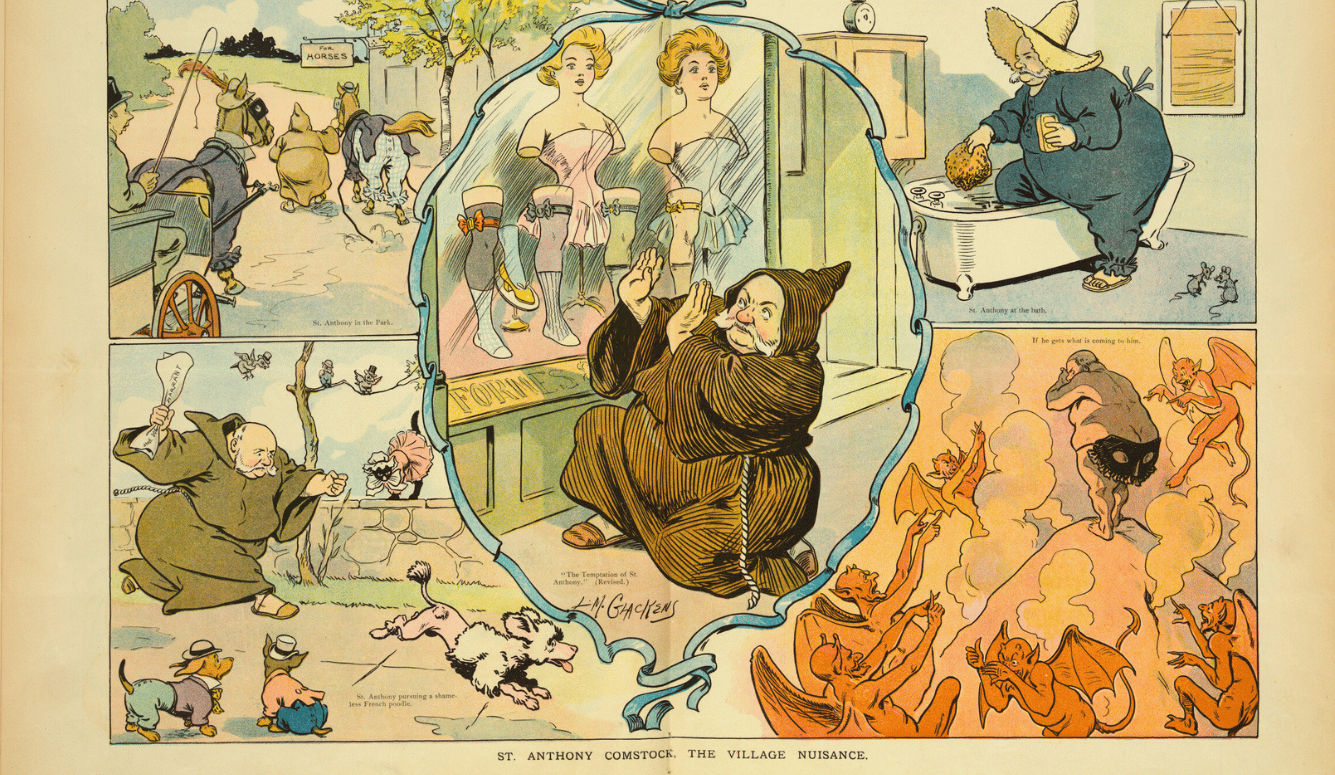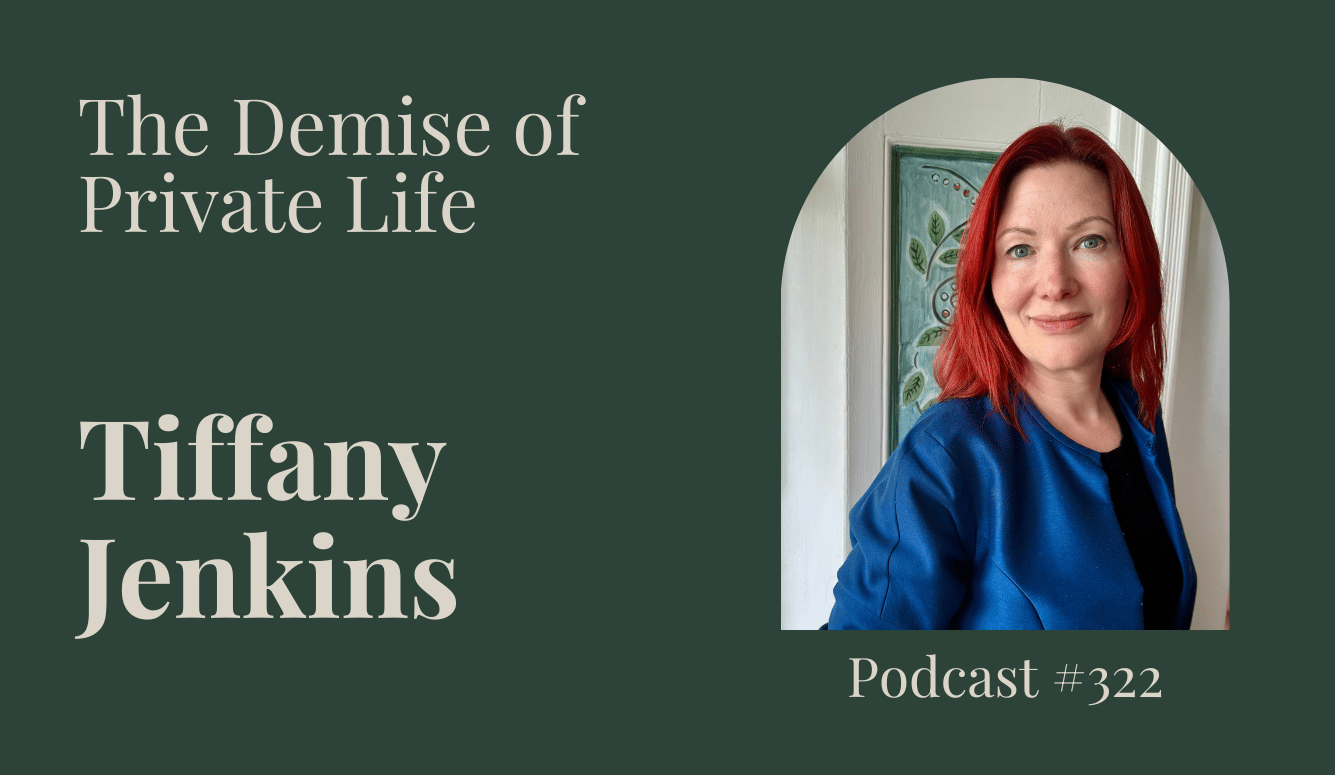Art and Culture
Skepticism About White Privilege
White privilege is a central theme of the protests at Evergreen State College, University of Missouri, Yale University, and so on.

Privilege, and race-based privilege in particular, occupies a key niche in the rich ecosystem of error that is campus leftism. White privilege is a central theme of the protests at Evergreen State College, University of Missouri, Yale University, and so on. Detecting and eliminating it is the aim of a new method of pedagogy that effectively renders education the handmaiden of activism. Unfortunately the question “what is to be done?” has here, as in other domains, prematurely eclipsed “what is to be thought?” A close look at the notion of white privilege casts doubt on whether the racial disparities that currently exist within the U.S. constitute any such thing.
White Privilege as “Invisible Knapsack”
Peggy McIntosh’s 1988 paper, “White Privilege and Male Privilege: A Personal Account of Coming to See” is a seminal work on white privilege. McIntosh observes that many men who recognize that women are disadvantaged are reluctant to admit that they are over-privileged. She extends this observation to race, lamenting that “My schooling gave me no training in seeing myself as an oppressor, as an unfairly advantaged person, or as a participant in a damaged culture.” As a result of McIntosh’s reflections, however…
I have come to see white privilege as an invisible package of unearned assets that I can count on cashing in each day, but about which I was “meant” to remain oblivious. White privilege is like an invisible weightless knapsack of special provisions, assurances, tools, maps, guides, codebooks, passports, visas, clothes, compass, emergency gear, and blank checks.
McIntosh unpacks her own “invisible knapsack” by enumerating 46 ways in which she is unfairly advantaged. Here are the first five:
- I can, if I wish, arrange to be in the company of people of my race most of the time.
- I can avoid spending time with people whom I was trained to mistrust and who have learned to mistrust my kind or me.
- If I should need to move, I can be pretty sure of renting or purchasing housing in an area which I can afford and in which I would want to live.
- I can be reasonably sure that my neighbors in such a location will be neutral or pleasant to me.
- I can go shopping alone most of the time, fairly well assured that I will not be followed or harassed by store detectives.
My personal favorite is:
- If I want to, I can be pretty sure of finding a publisher for this piece on white privilege.
Although McIntosh admits that her article constitutes “a partial record of my personal observations and not a scholarly analysis,” it has been a smashing scholarly success. According to Google Scholar, “Male Privilege and White Privilege” has garnered 3,115 citations as of this writing. In 1989, the article was republished in a shorter form as “White Privilege: Unpacking the Invisible Knapsack.” Google Scholar shows that this version of the article has racked up an astounding 3,435 citations. For comparison, Peter Singer’s 1971 “Famine, Affluence and Morality”, perhaps the most famous article in applied ethics, registers only about 2,500 citations, notwithstanding a 17-year head start.
The ideas in these articles go hand-in-hand with a theory of pedagogy, which McIntosh conveys in her “Some Notes to Facilitators on Presenting My White Privilege Papers.” She recommends that instructors task students with producing lists of their own unearned advantages. Although McIntosh cautions instructors “Please do not generalize from my papers,” she does this herself by assuming that all or most students can create a list like hers. McIntosh also recommends a practice she calls “Serial Testimony.” Students take turns sharing their experiences as others listen non-judgmentally. She writes:
The work goes best when you draw on participants’ own personal experiences, not their opinions. Opinions invite argumentation. Telling about your experience invites listening. Opinions tend to bring on conflict, whereas shared experiences tend to elicit curiosity and empathy. When participants move from experiential testimony to opinion, bring them back, knowing that most schooling discourages testimony.
This procedure doesn’t resemble the testimony given in a courtroom, which is subject to cross-examination. Rather, it resembles the testimony that occurs when religious believers proclaim their convictions to others of the same faith. The method seems better suited to reinforcing existing convictions than facilitating fresh insights. In Professing Feminism: Cautionary Tales from the Strange World of Women’s Studies, Daphne Patai and Norette Koertge write: “It is assumed [in women’s studies classrooms] that an inability to testify to personal experiences of gender oppression casts doubt on the authenticity of one’s commitment to feminism.” It’s true that conflict can be deleterious to learning. But so can aversion to conflict. Imagine what Plato’s dialogues would be like if Socrates and his interlocutors avoided argument in favor of “shared experiences”.
One can reject McIntosh’s ideas about pedagogy and agree with her about white privilege. We shall see, however, that there are good reasons for being skeptical about even the broad contours of her account.

White Privilege and “Undeserved Advantage”
African-Americans are worse off than white Americans in many significant ways. For example, they are poorer, they have shorter life expectancies, and they are more likely to be imprisoned. Do these disparities show that white privilege exists? Consider the following McIntosh-inspired account of race privilege given in a recently philosophy paper, “Offsetting Race Privilege” by Jeremy Dunham and Holly Lawford-Smith:
In sum, according to our specific version of the conditions that make an advantage a privilege, such an advantage must (a) be undeserved and conferred systematically to members of a racial group; (b) entail a corresponding disadvantage; and (c) be granted simply because of membership in a racial group and thereby almost never justifiable.
I will focus on (a), which canvases two criteria common to most definitions of white privilege: that they are undeserved and systematically conferred. Do whites’ advantages meet both criteria?
Consider desert. The word “undeserved” can describe unjust acquisitions (for example, wealth amassed through slave labor) or acquisitions that are morally innocent and lucky (for example, inheritance or winning the lottery). Being fortunate is not an affront to justice. It is far from clear that whites’ relative advantages come at the expense of others. If poverty, crime, and other major sources of African-Americans’ woes ended overnight, most whites would be better off as a result because they would live in a safer and more prosperous country. When they flourish, they do so despite, and not because of, black suffering.
Also, some of the good things that whites enjoy are deserved. Addressing this, Dunham and Lawford-Smith write (internal references omitted):
For example, it strikes us as unintuitive to claim that a student’s securing a place at Harvard University is unearned, given how hard any student would have to work to obtain the required high GPA and excellent SAT and ACT results. However, in 2013, African-Americans made up only 6.5 percent of the undergraduate population at Harvard. This figure should be more than twice as high, since the African-American share of the undergraduate population nationwide is 15 percent, yet it has actually gone down, from 7.4 percent in 1994. This shows that white Americans . . . have an undeserved advantage, an advantage that is the result of a long history of structural injustice.
Dunham and Lawford-Smith presume to know both what percentage of the incoming Harvard class should be black and why the figure is as low as it is. It’s worth asking what else we can infer from similar information. If we know that African-Americans constitute 15 percent of auto mechanics, can we conclude that roughly 15 percent of auto mechanics who specialize on Porsches should be African-American? If 13 percent of Americans are African-Americans, can we infer that they should be about 13 percent of American florists? NASCAR drivers? Zoologists specializing in the mating habits of aardvarks? If they are under-represented anywhere, is historical injustice the presumed explanation? Dunham and Lawford-Smith apparently assume that absent past injustice, groups would be indistinguishable. There is no reason conceptually or empirically to think that this is true.
Dunham and Lawford-Smith claim that securing a place at Harvard is earned, and also that whites have an undeserved advantage in Harvard admissions. But consider the strangeness of saying: “You’ve earned your place at Harvard, but you don’t deserve to be here!” If we are committed to saying that successful white applicants have an undeserved advantage in Harvard admissions, then we should conclude that they haven’t actually earn their places, after all. Likewise, if we’re to maintain that they do earn their places, as I believe is the case, then it is reasonable to conclude that the resulting racial disparities reflect deserved advantages.
Does it matter whether this disparity exists because of racial injustices for which the successful white applicants aren’t responsible? I think not. Suppose that after we each earn fifty dollars working together, I am robbed, while you are not. You are now fifty dollars richer than I am. May I complain of your undeserved advantage? If by this I mean the state of affairs resulting from the robbery, then yes, though the complaint couldn’t be directed at you. The fact of your having more money than me is not morally troubling. Only the robbery is. Certainly you have no obligation to offset an “advantage” like this that doesn’t render you any better off, nor result from anything wrong that you’ve done.
Your fifty dollar advantage in this scenario is not undeserved. You earned this money. The same holds in competitive contexts. Suppose that because of the robbery, you are able to outbid me in an auction. Would it follow that you don’t deserve whatever you’re able to buy? I’m inclined to say no; my misfortune is irrelevant to whether or not you deserve what you honestly then acquire – even if you acquire it at my expense. The same goes for the successful white Harvard applicants and, I think, white advantages generally.
Advantages “Conferred by Society”?
The second criterion within (a) is that advantages constituting privileges must be systematically conferred – apparently by society. Does society, strictly speaking, confer anything? True, we say things like “The world dealt Helen Keller a difficult hand.” This is a metaphor, however; the world is not an agent that capriciously decided that Keller should be deaf and blind. If the “systematically conferred” criterion is to impose a substantive constraint on what advantages constitute privileges, then we must understand these privileges to be literally conferred by society. Uncoordinated outcomes of group behavior are no more literally conferred by society than Adam Smith’s invisible hand is literally a hand.
We often speak as if corporate agents like the U.S. government and Nike, Inc. can make decisions and be held responsible for them. What this means exactly is controversial, but plausibly these descriptions are not metaphorical. If society is a corporate agent, then perhaps it can literally confer advantages. But corporate agents are generally created and maintained by speech acts (for example, those preserved in charters, contracts, constitutions). No speech act creates society itself unless we take the probably-imaginary social contract that Thomas Hobbes describes in Leviathan as a historical reality. Society includes corporate agents, but the claim that it is itself a corporate agent is dubious.

Grant for the sake of argument that society does non-metaphorically confer advantages. We need a further argument to show that whites’ advantages are so conferred. I’ve argued that some of the advantages whites enjoy are deserved; treating these advantages as conferred by society robs them of credit. This points to a general worry about the idea that society confers outcomes: once we grant this, it’s hard to see why it does not confer every outcome. When society is treated as an agent, all other agents recede into the background or disappear altogether. People and their choices are reduced to the manifestations of social trends. Society appears godlike.
This kind of thinking seems to be present in Dunham’s and Lawford-Smith’s discussion of the notorious August 9, 2014 incident in Ferguson, Missouri. At the outset of their article, Dunham and Lawford-Smith inform their readers that police officer Darren Wilson is white, that Michael Brown is black and was unarmed at the time of the incident, that Wilson shot Brown six times, killing him, and that unarmed black men are more likely to be killed by the police than unarmed white men. (They do not mention that black men commit crime at higher rates than white men.) Described this way, the incident appears to be the product of impersonal social forces.
A different picture emerges when a few details are added. Brown had apparently committed a robbery shortly before the confrontation. He was shot only after he engaged in an altercation with Wilson in which he tried to seize his weapon. Although “hands up, don’t shoot” became the slogan for many of the ensuing protests, some of which culminated in riots, an investigation by the Department of Justice, then led by Attorney General Eric Holder, rejected the claim that Brown had raised his hands to surrender. The forensic evidence seemed to back Wilson’s version of the story. A grand jury decided not to indict Wilson for killing Brown. The Department of Justice investigation into Wilson’s killing of Brown concluded: “this matter lacks prosecutive merit and should be closed.”
Brown was not a passive recipient of a fate conferred upon him by society. Neither do we have reason to believe that the good things in life that whites are fortunate enough to enjoy are systematically conferred upon them by society. It follows that these “advantages” are not instances of white privilege.
Conclusion
After defending their account of white privilege, Dunham and Lawford-Smith describe how the race-privileged individuals have obligations to “offset” their race privilege. Here is how this would play out in a particular case:
Imagine that a white American woman checking her race privilege in 2016 finds herself to be in the 50th percentile among white Americans alone. She earns around $23,462 per year. Now imagine that she compares this to the average wage of someone in the 50th percentile on the whole-society income distribution . . . which she finds to be $21,544. This comparison shows our individual that her income privilege amounts to $1,918 per year. This means that for her contribution to be commensurate with her privilege, it must amount to $1,918 or its equivalent in terms of time or effort.
Briefly, two objections. First, suppose that white Americans invite ten million penniless Muslim refugees into the U.S. As a result of adding many poor non-whites to the country, the average American income decreases while the average white income stays the same. Perversely, whites would then have more race privilege to offset as a result of this magnanimous act! Second, what is the baseline, the point at which all privilege has been offset? The average American income includes the privilege-boosted incomes of whites, and so that figure must be too high. If we factor out whites, however, why not factor out the next best-off group? And so on. In fairness, Dunham and Lawford-Smith recognize that this is a problem, but I don’t think they recognize how serious a problem it is.
The most fundamental problem for this or any proposal to offset white privilege is this: American whites’ advantages do not constitute white privilege. Therefore, there’s nothing that needs to be offset in the first place.






